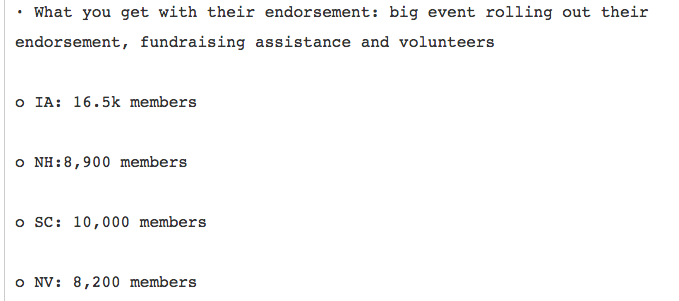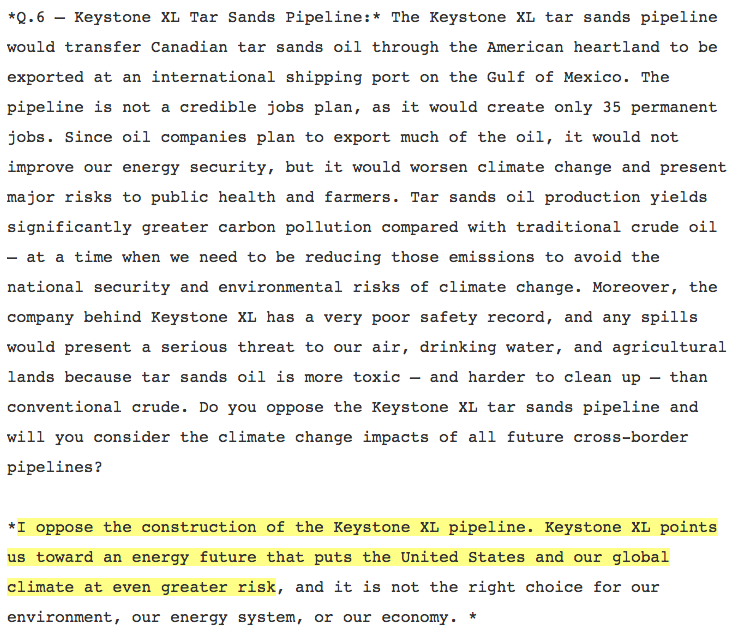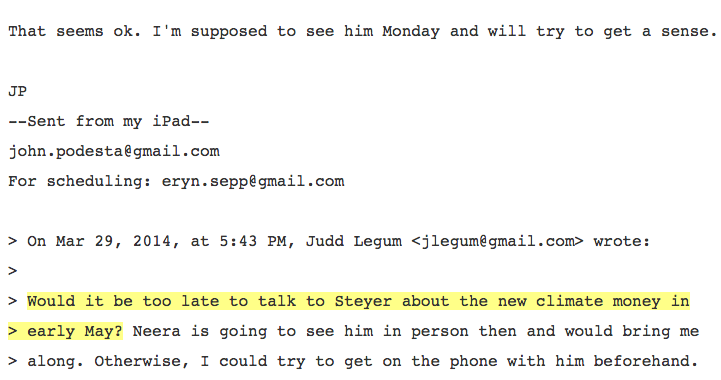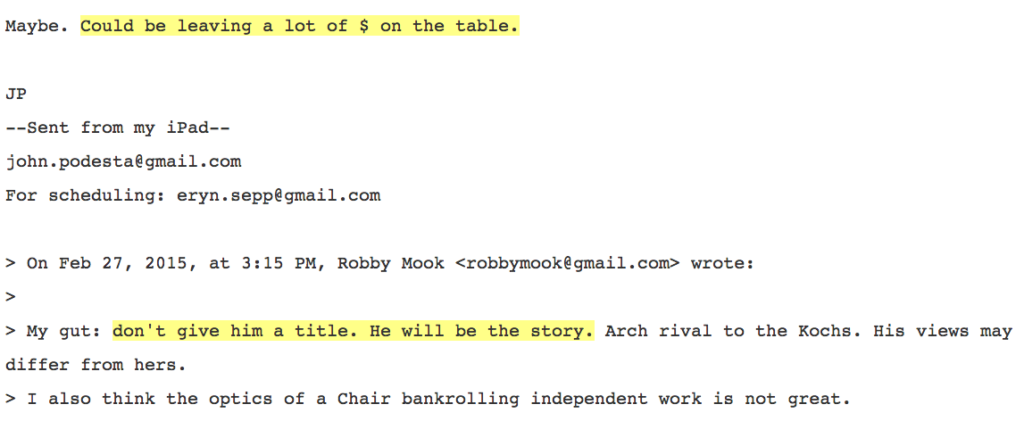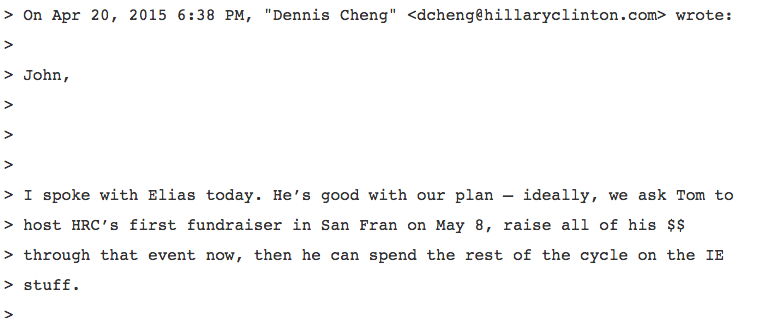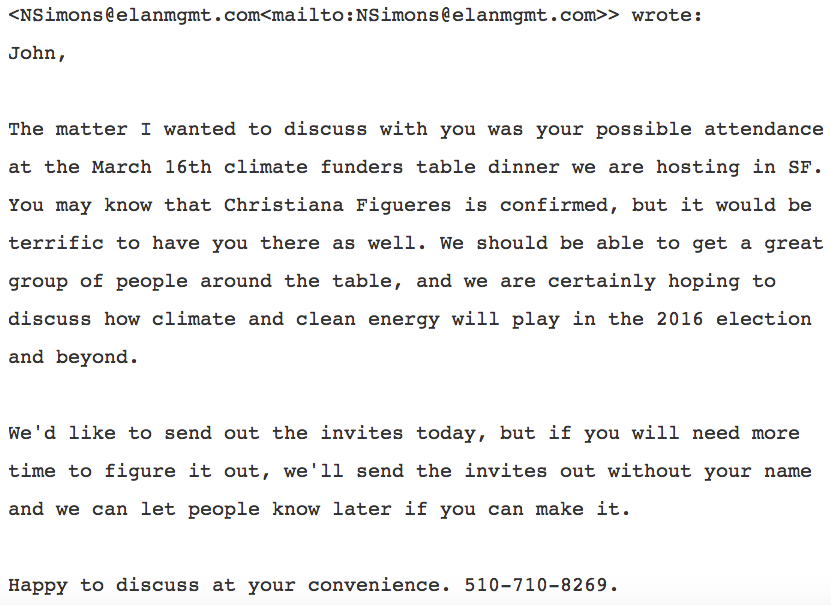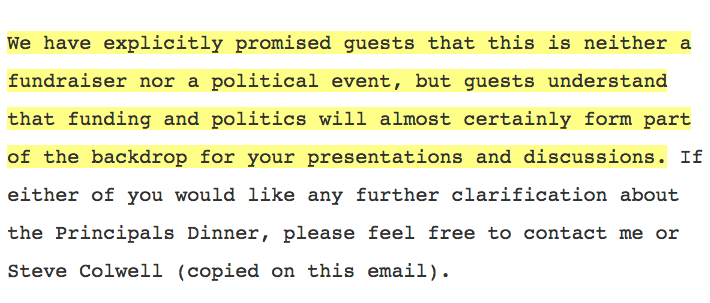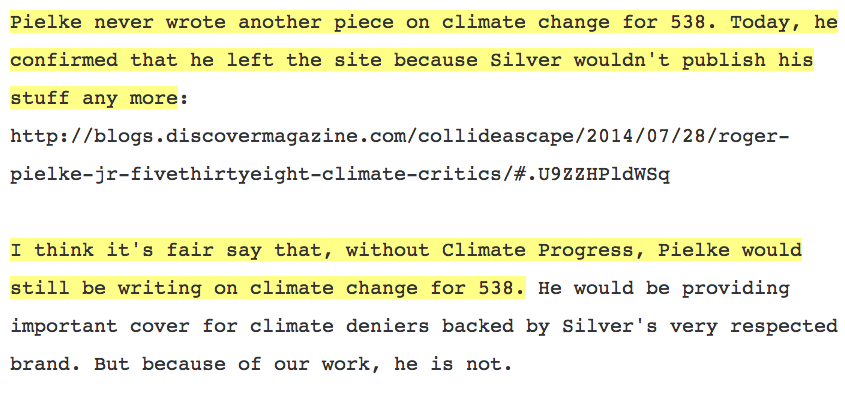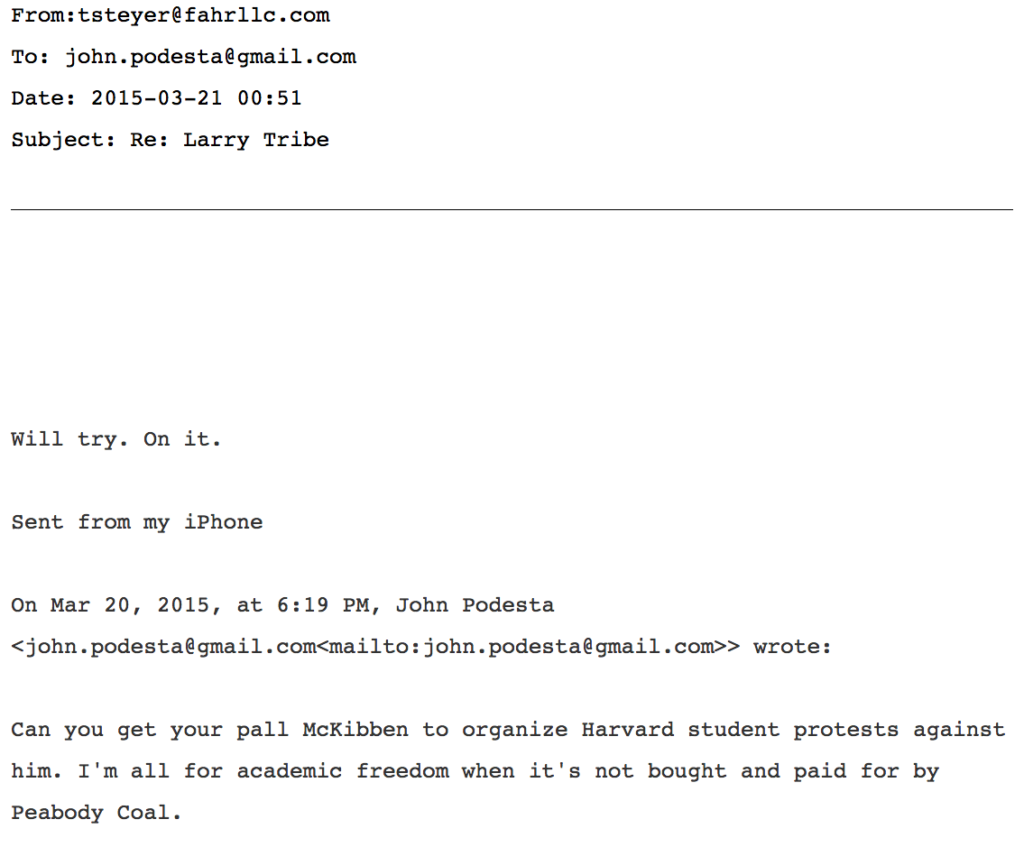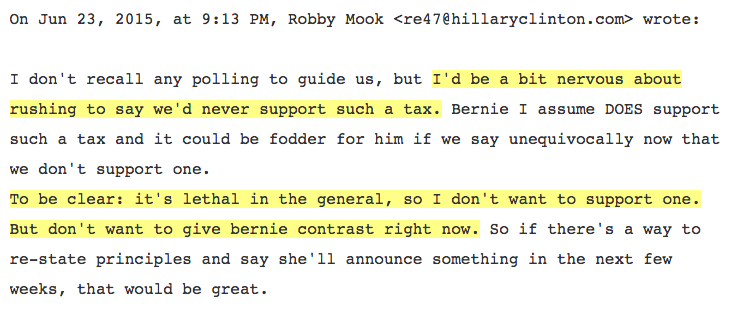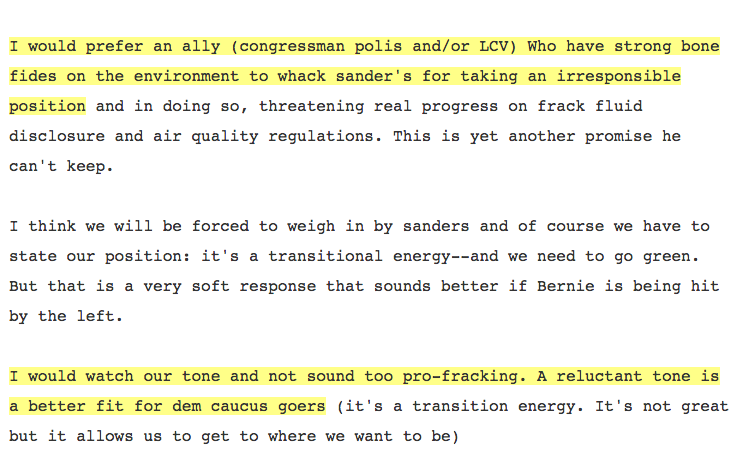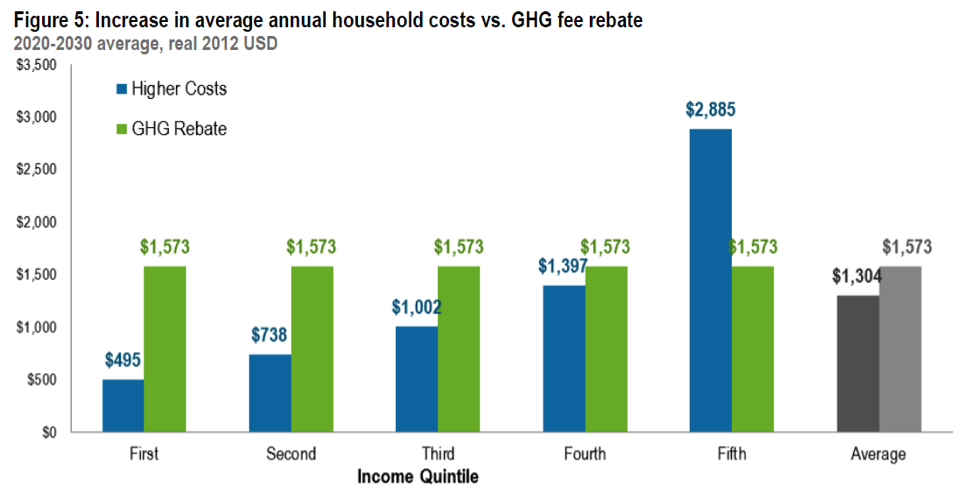WASHINGTON – American Energy Alliance President Thomas Pyle issued the following statement on the Obama administration’s five-year offshore leasing plan:
“As a farewell gift to the keep-it-in-the-ground activists, President Obama has delivered the most anemic offshore leasing plan in U.S. history. The Obama administration has excluded lease sales in the most promising areas—offering nothing in the Chukchi Sea, Beaufort Sea, or off the Atlantic coast. Under President Obama’s direction, the share of our country’s oil production from federal lands and waters has shrunk to its lowest point in decades. President Obama’s legacy is one of intentionally undermining America’s energy production and economic growth by holding our vast energy resources under lock and key. We look forward to President-elect Trump’s pro-energy and pro-growth outlook.”
###




